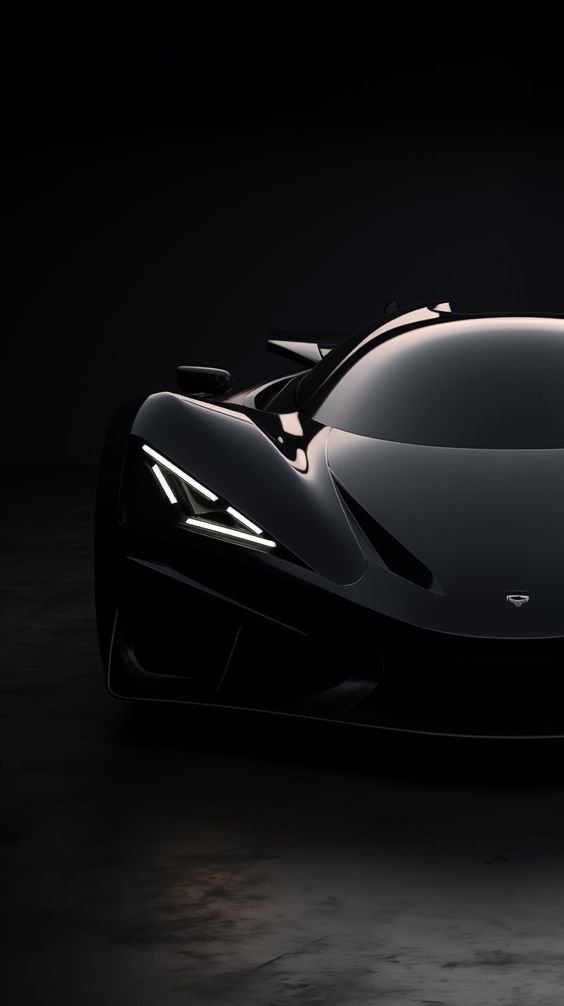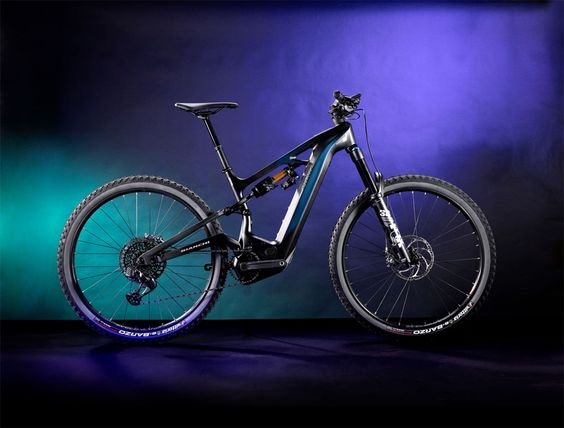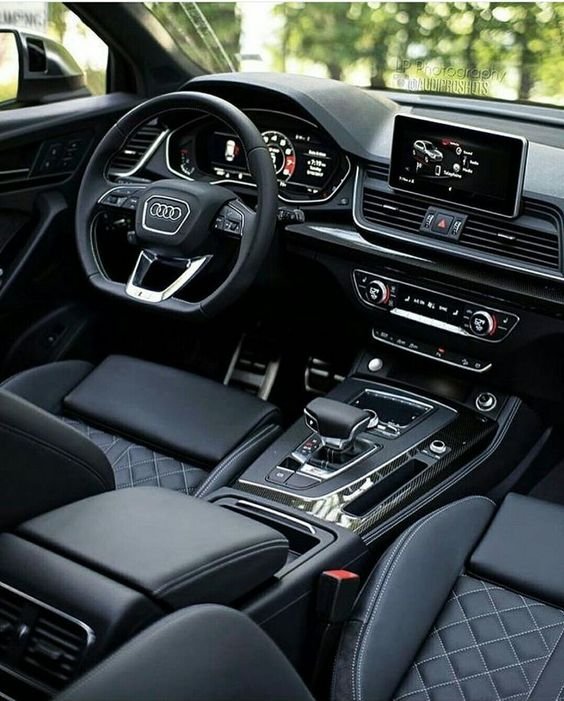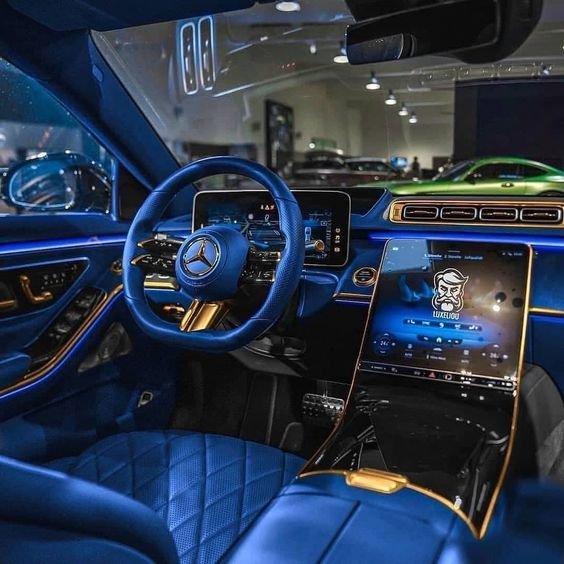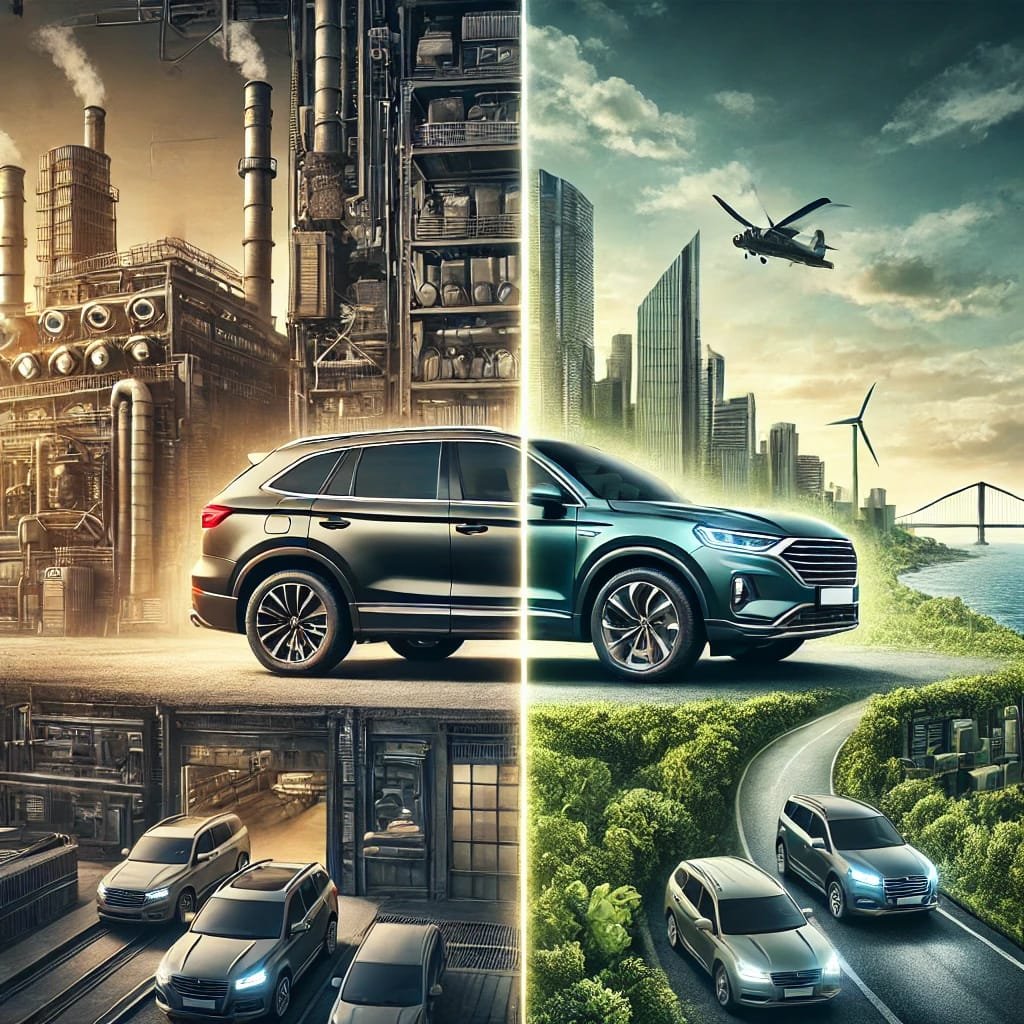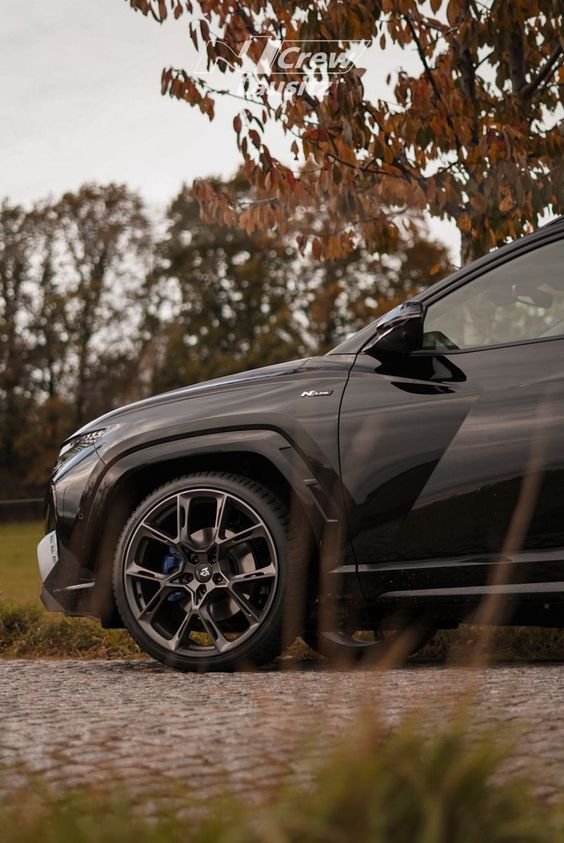
As concerns about climate change and environmental impact grow, the automotive industry is increasingly focusing on sustainability. Car manufacturers around the globe are developing new strategies and technologies to reduce their carbon footprint, promote eco-friendly practices, and offer greener vehicles. From the production process to the design of new electric and hybrid vehicles, these car brands are leading the charge toward a more sustainable future. Here are the top 10 car brands that stand out for their commitment to sustainability in 2024.
1. Tesla
- Why They’re a Leader in Sustainability: Tesla is perhaps the most well-known car brand when it comes to sustainability. As a pioneer in the electric vehicle (EV) market, Tesla has played a critical role in pushing the industry toward zero-emission vehicles. All Tesla vehicles are fully electric, meaning they produce no tailpipe emissions. The company is also heavily invested in renewable energy solutions, such as solar energy products and home energy storage systems (like the Powerwall).
- Sustainability Initiatives: Tesla focuses on sustainable manufacturing by using recycled materials, minimizing waste, and sourcing conflict-free minerals. The company also aims to achieve carbon neutrality across its global operations.
2. Toyota
- Why They’re a Leader in Sustainability: Toyota has long been a leader in the development and promotion of hybrid technology, starting with the Prius, the world’s first mass-produced hybrid car. Toyota has set ambitious goals to achieve carbon neutrality by 2050 and is investing heavily in hydrogen fuel cell technology, which offers another sustainable alternative to traditional internal combustion engines.
- Sustainability Initiatives: Toyota’s Environmental Challenge 2050 aims to reduce the environmental impact of its vehicles and production processes. The company is focusing on developing more fuel-efficient and low-emission vehicles, including hydrogen-powered cars like the Mirai, and expanding its lineup of electric vehicles.
3. BMW
- Why They’re a Leader in Sustainability: BMW has a strong commitment to sustainability, with a clear strategy to achieve climate neutrality by 2050. The brand is expanding its range of electric vehicles, including the iX3, i4, and iX, and aims to have electric vehicles account for at least 50% of its global sales by 2030.
- Sustainability Initiatives: BMW is working on reducing its carbon footprint by using sustainable materials, increasing energy efficiency, and sourcing renewable energy for its production facilities. The company also focuses on recycling and circular economy principles, ensuring that materials used in its vehicles can be reused or repurposed at the end of their life cycle.
4. Volkswagen
- Why They’re a Leader in Sustainability: Volkswagen is committed to becoming the global leader in electric mobility. The brand has pledged to achieve carbon neutrality by 2050 and is investing heavily in its electric vehicle lineup, including the ID. family of electric cars (ID.3, ID.4, ID.Buzz, etc.). Volkswagen plans to deliver more than 70 new electric models by 2030.
- Sustainability Initiatives: Volkswagen is focusing on reducing carbon emissions throughout the entire vehicle lifecycle, from raw materials to production and recycling. The brand is also heavily investing in renewable energy sources and battery recycling to create a closed-loop supply chain for its electric vehicles.
5. Volvo
- Why They’re a Leader in Sustainability: Volvo has set ambitious goals to become a climate-neutral company by 2040 and aims to have 50% of its global sales come from fully electric cars by 2025. Volvo’s commitment to sustainability is evident in its emphasis on safety, sustainability, and innovation.
- Sustainability Initiatives: Volvo is focusing on sustainable materials, such as using recycled plastics and vegan leather in its car interiors. The brand is also investing in renewable energy, aiming to have all its manufacturing operations powered by 100% renewable energy. Additionally, Volvo’s Recharge lineup represents its transition to a fully electric future.
6. Hyundai
- Why They’re a Leader in Sustainability: Hyundai is actively expanding its electric and hydrogen fuel cell vehicle lineup. The brand has launched the Ioniq sub-brand, dedicated to electric vehicles, and aims to become a top EV maker by 2025. Hyundai is also investing in hydrogen fuel cell technology, which it believes will play a significant role in the future of sustainable mobility.
- Sustainability Initiatives: Hyundai’s Strategy 2025 aims for carbon neutrality by 2045, focusing on electrification, hydrogen fuel cells, and smart mobility solutions. The company is working on reducing emissions in its production processes, increasing the use of sustainable materials, and developing advanced battery recycling methods.
7. Nissan
- Why They’re a Leader in Sustainability: Nissan was an early adopter of electric vehicle technology with the launch of the Nissan Leaf, one of the world’s best-selling electric cars. The brand continues to expand its electric vehicle lineup and aims to achieve carbon neutrality across its operations by 2050.
- Sustainability Initiatives: Nissan is focused on developing a wide range of electrified powertrains, including hybrids, plug-in hybrids, and fully electric vehicles. The company is also investing in renewable energy, sustainable production practices, and battery recycling to minimize its environmental impact.
8. Ford
- Why They’re a Leader in Sustainability: Ford is heavily investing in electric and hybrid vehicles, with a target of having 40% of its global vehicle sales come from electric vehicles by 2030. The company has introduced the all-electric Mustang Mach-E and the Ford F-150 Lightning, and it continues to expand its lineup of electric and hybrid vehicles.
- Sustainability Initiatives: Ford has committed to reaching carbon neutrality globally by 2050 and is working to reduce emissions from its vehicles and operations. The company is focusing on using recycled materials, reducing waste, and sourcing renewable energy for its manufacturing facilities.
9. Mercedes-Benz
- Why They’re a Leader in Sustainability: Mercedes-Benz has a strong focus on sustainable mobility, aiming to have a fully electric lineup by the end of the decade. The brand’s EQ sub-brand is dedicated to electric vehicles, with models like the EQS, EQC, and EQA leading the charge.
- Sustainability Initiatives: Mercedes-Benz has committed to carbon neutrality by 2039, focusing on reducing emissions across the entire value chain, from raw materials to production and recycling. The company is investing in renewable energy, sustainable materials, and circular economy principles, aiming to increase the use of recycled materials in its vehicles.
10. Honda
- Why They’re a Leader in Sustainability: Honda is committed to achieving carbon neutrality by 2050 and is expanding its lineup of electric and hydrogen fuel cell vehicles. The company plans to phase out gasoline-powered cars by 2040, focusing on electric and hybrid vehicles.
- Sustainability Initiatives: Honda is investing in renewable energy, sustainable materials, and advanced battery technologies. The company is also working on reducing emissions from its production processes and expanding its electric vehicle lineup, including models like the Honda e.
Conclusion
These ten car brands are leading the way toward a more sustainable future by focusing on electric vehicles, renewable energy, sustainable materials, and innovative technologies. Their commitment to reducing carbon emissions, promoting eco-friendly practices, and investing in greener alternatives is reshaping the automotive industry and helping to create a cleaner, more sustainable world. As the demand for sustainable vehicles continues to grow, these brands are setting a standard for what it means to be a leader in automotive sustainability.
ALSO READ: How Automotive Cybersecurity Will Evolve in the Coming Years

